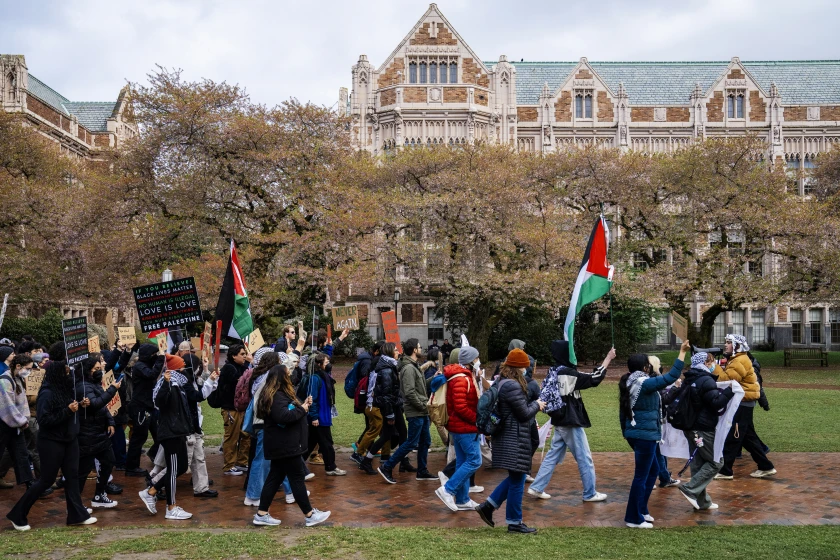Islamabad, Apr 23: In recent years, international students in the United States have faced increasing uncertainty, especially under the Trump administration’s stringent immigration stance.
What was once considered a promising pathway to quality education has now turned into a legal maze, as student and scholar visas are being abruptly canceled—often without advance notice—resulting in detentions, interrogations, and in some cases, deportation.
Most foreign students arrive in the U.S. on F-1, M-1, or J-1 visas, each linked to specific educational or cultural exchange purposes.
These programs require their host institutions to be approved under the Student and Exchange Visitor Program (SEVP), which is managed by U.S. Immigration and Customs Enforcement (ICE).
However, even top-tier universities like Harvard have been under pressure, facing threats of decertification if they fail to meet aggressive demands for extensive student data.
The crackdown is not limited to undergraduates. J-1 visa holders—typically postdoctoral researchers or healthcare professionals—are also being scrutinized.
Read Move: Intermediate Exams Postponed Across the Province
Visas that once provided legal stability are now being terminated with minimal justification, leaving students with few avenues for appeal.
A particularly alarming trend has emerged: students expressing support for Palestine are reportedly being targeted. Several have had their visas revoked following peaceful protests or minor infractions.
One such case involves Rümeysa Öztürk, a doctoral researcher at Tufts, who was detained without prior knowledge that her visa had been nullified.
Although she faced accusations of ties to Hamas, no formal charges have been filed.
Similar stories are surfacing at institutions like Columbia University, where even green card holders have been swept up in immigration actions due to political activism.
Legal experts warn that many of these revocations are based more on expression than criminal acts.
A lawsuit in Georgia revealed that over 100 international students had their visas canceled without transparent legal process or adequate explanation.
The process is swift and unforgiving. Once the U.S. State Department cancels a visa, ICE moves quickly to issue removal notices.
Students are often emailed instructions to leave the country within seven days or face arrest.
The system has become so chaotic that even immigration lawyers sometimes receive removal orders meant for students.
In some cases, individuals who have followed every law—like Dr. Rasha Alawieh, a physician at Brown University—were deported upon reentry, accused of vague affiliations without evidence.









